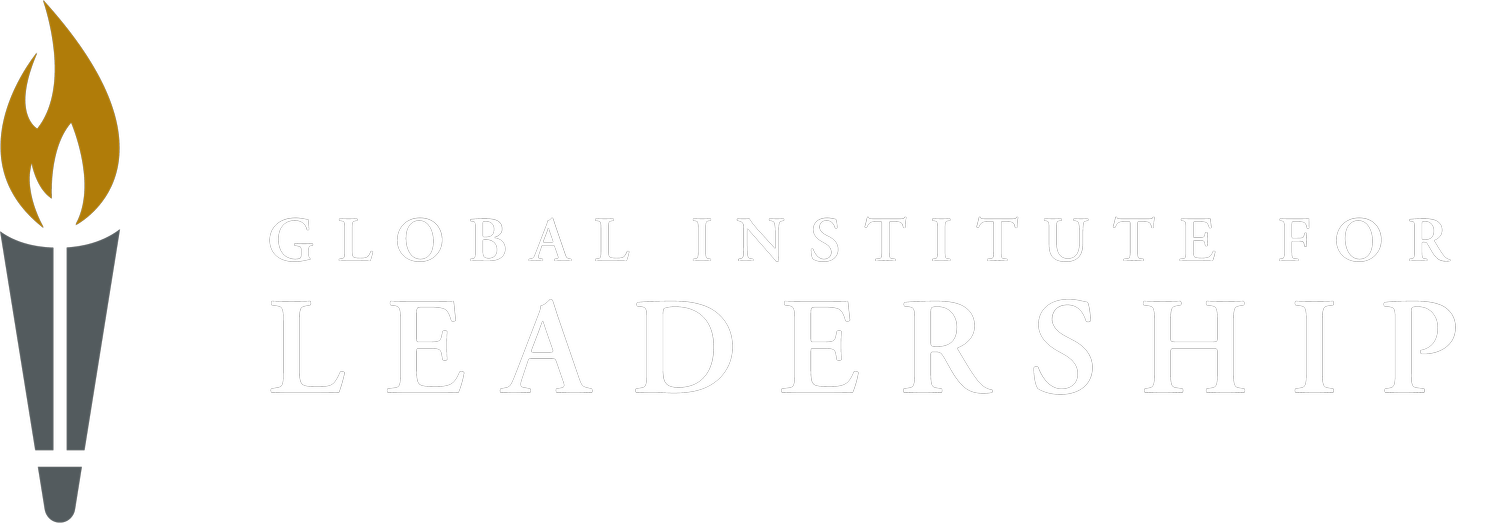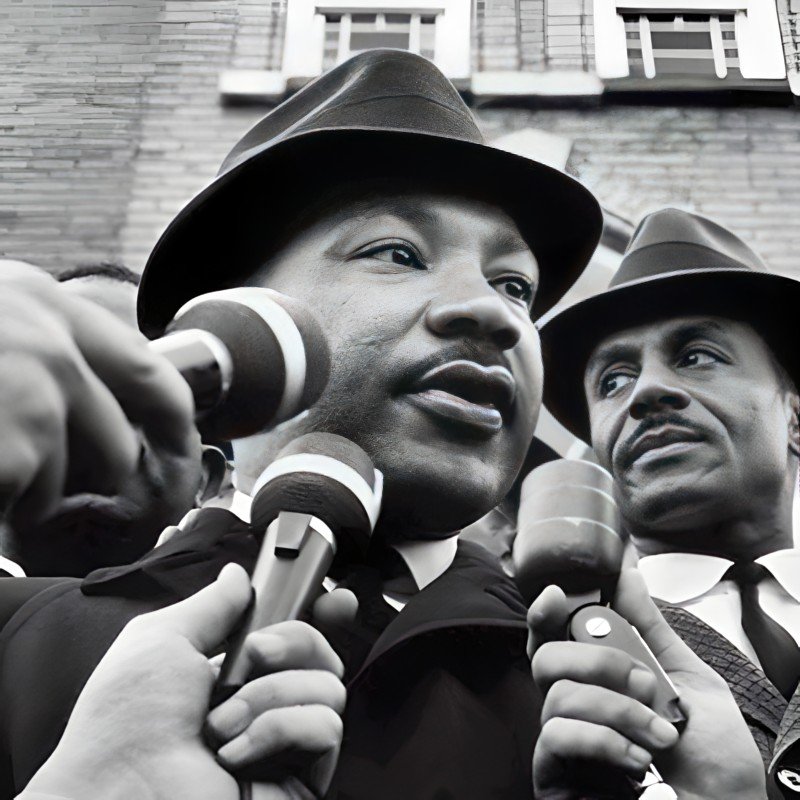Her Excellency Shamma Al Mazrui
Minister of State for Youth Affairs, United Arab Emirates
Her Royal Highness Reema Bint Bandar Al Saud
Ambassador of the Kingdom of Saudi Arabia
to the United States
Shari Barkin, MD, MSHS
Physician-in-Chief, Children’s Hospital of Richmond at VCU
Jere L. Beasley
Principal & Founder, Beasley Allen
The Honorable Katie Boyd Britt
United States Senator
The Honorable Willie L. Brown, Jr.
Former Mayor of San Francisco
Lonnie G. Bunch III
Secretary of the Smithsonian Institution
Daphne Butler
Philanthropist and Educator
Dr. Clayborne Carson
The Martin Luther King, Jr. Research and Education Institute
Stanford University
Michael Carter
Entrepreneur and Philanthropist
The Most Rev. Michael B. Curry
Presiding Bishop and Primate, The Episcopal Church
The Honorable Anthony Daniels
Minority Leader, Alabama House of Representatives
The Very Rev. Dr. Kelly Brown Douglas
Dean, Episcopal Divinity School at Union Theological Seminary
The Honorable John H. England, Jr.
Judge, Sixth Circuit Court
Mark Fedyk
President and COO, Jockey International
Lord Norman Foster
Gold Medal for Architecture
Bill Frist, M.D.
Former Majority Leader, United States Senate
Peter Gabriel
Musician and Activist
Dr. Henry Louis Gates, Jr.
Hutchins Center for African and African American Research
Harvard University
Vince Gill
Country Music Hall of Fame
Sir Lucian Grainge
Chairman, Universal Music Group
Amy Grant
Gospel and Pop Music Singer
Dr. Carla Hayden
The Librarian of Congress
Thomas Heatherwick
Designer of the Extraordinary








